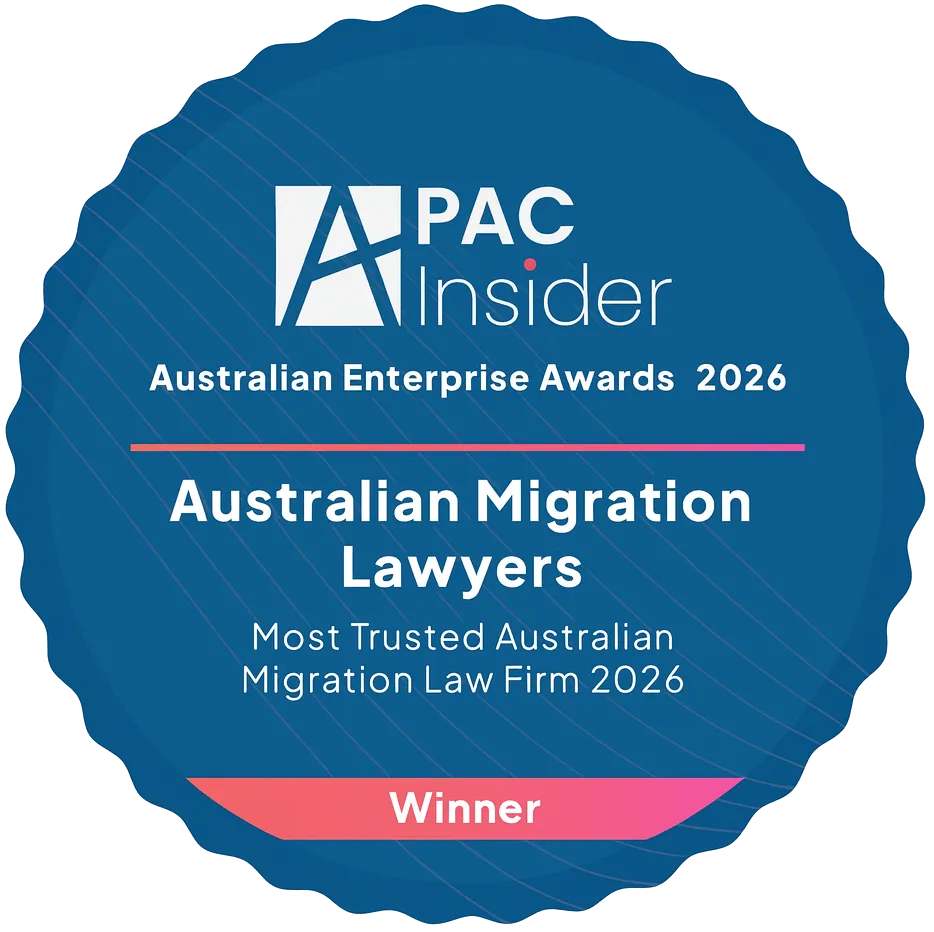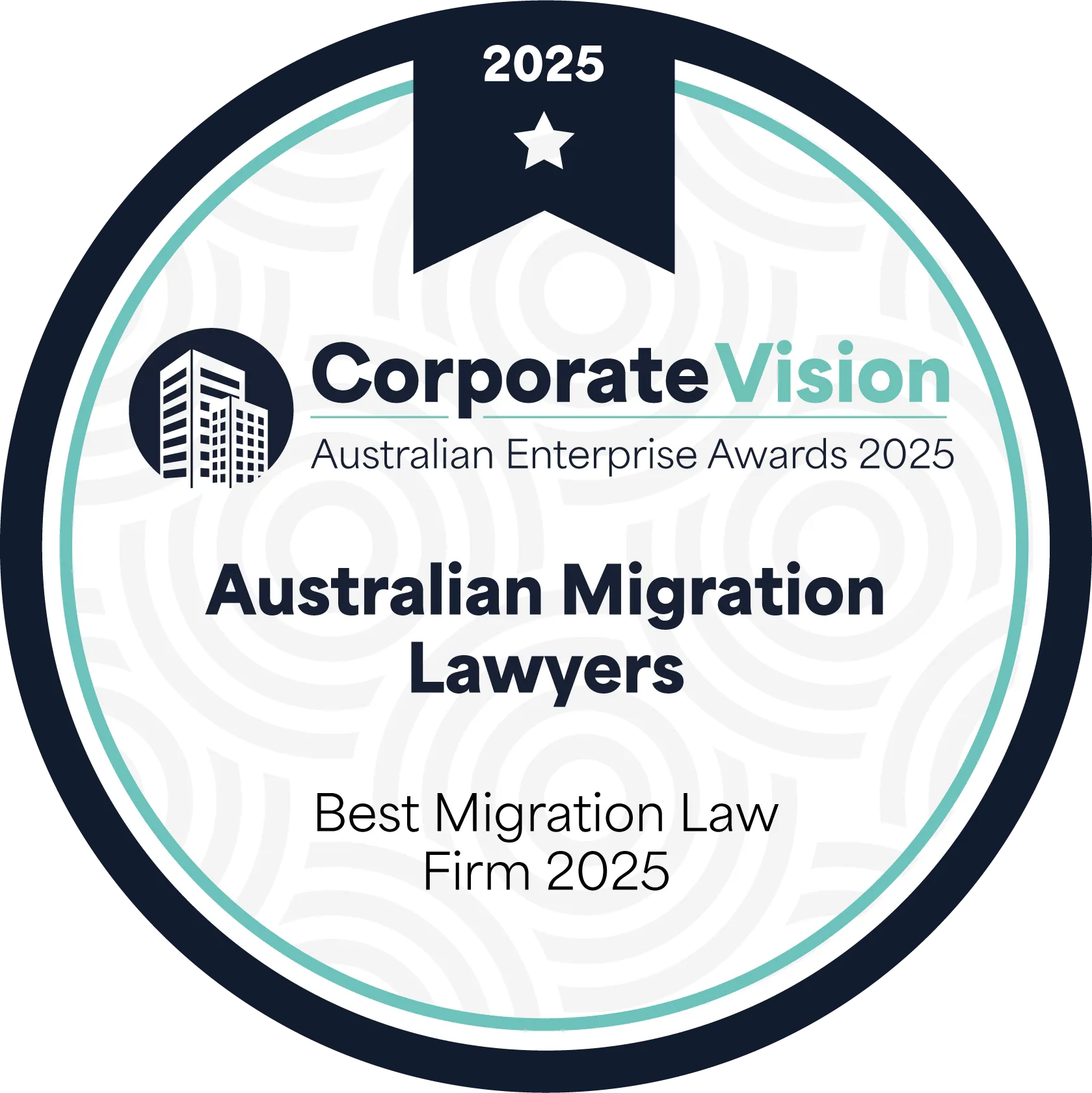Australia's largest independent migration law firm. Open 7 days! Book here.
Need help? We are available 7 days a week.

.webp)

Winner of Most Trusted Australian Migration Law Firm 2023-2026

Ranked 1st for migration law in 2023, 2024 & 2025

Ranked in the top migration lawyers 2023, 2024 & 2025

Ranked the best migration law firm 2024 & 2025
%20(1).webp)
The Temporary Graduate Visa (Subclass 485) provides a pathway for many international graduates to transition from their studies to the next stage of their lives in Australia. It provides time to build professional experience, gain relevant work experience, or pursue additional academic qualifications. Significant policy changes, primarily effective from 1 July 2024, have reshaped key aspects of the visa, including the names of the visa streams, eligibility requirements like age limits, available durations, and English language standards.
The Subclass 485 visa enables recent international graduates to remain in Australia for a set period after completing an eligible qualification. It provides an opportunity to gain local post-vocational education work experience or pursue further study. The visa is divided into specific streams, each with distinct criteria and conditions, so it is important to understand which applies to your situation before applying.
The Subclass 485 visa is divided into distinct streams, each serving different graduate circumstances.
Understanding the distinctions between the two streams is essential for selecting the appropriate application pathway. Australian Migration Lawyers can provide clarity on which stream best fits your circumstances.
Recent legislative changes have modified eligibility parameters, the allowable duration of stay, and procedural requirements across both streams. The most significant updates include a new, lower age limit for most applicants, shorter visa durations, revised English language test criteria, and the formal end of the COVID-19 pandemic-related extended post-study work rights.
While discussions and announcements occurred throughout 2023 and 2024, the most significant changes to age limits, stream names, and visa durations took effect on 1 July 2024. Changes to English language requirements were implemented on 23 March 2024, with further updates to accepted tests from 7 August 2025. Applicants should review these dates closely, as timing determines whether they are assessed under previous or updated rules.
A critical change is the reduction of the maximum eligible age. Most applicants for the Post-Higher Education Work and Post-Vocational Education Work streams must now be under the age of 35 at the time of application. Previously, the limit was 50.
There are limited exceptions. Hong Kong and British National (Overseas) passport holders, as well as applicants for the Post-Higher Education Work stream who have completed a Master (by research) or a Doctoral degree (PhD), still have an age limit of under 50.
Stay periods have been reduced and are now set as follows:
The previous temporary extension that allowed for longer stays has been discontinued.
The standards for English language tests have also been updated.
These extensive changes mean that international students must now evaluate course selection, graduation dates, and visa lodgement timing far more carefully to safeguard their eligibility for post-higher education work opportunities in Australia.
The new age limit means prospective students, particularly those undertaking longer degrees, must plan their educational journey with the 35-year age cap in mind. A misaligned qualification or delayed graduation could mean losing access to the 485 visa, even if study goals are otherwise achieved.
With shorter stay periods, applicants may need to explore other visa subclasses, including skilled migration or employer-sponsored options, sooner than anticipated. Navigating these alternatives can be complex, and professional advice may be beneficial.
Applicants should monitor official announcements from the Department of Home Affairs, as this provides the most authoritative updates on eligibility and policy changes.
The most reliable information on the Temporary Graduate Visa is available directly from the Australian Government. The Department of Home Affairs publishes current eligibility criteria, application processes, and timelines.
Legal advice is valuable when eligibility is unclear or timing is critical. A migration lawyer from a reputable firm like Australian Migration Lawyers can clarify requirements, prepare applications, and outline strategies for anyone applying for a temporary graduate visa.
These updates reshape how graduates plan their post-study future in Australia. Early preparation, accurate information, and professional guidance can help applicants navigate the current requirements with confidence. To maximise your prospects and ensure your application complies with the latest requirements, contact Australian Migration Lawyers for professional legal guidance tailored to your circumstances.

We have created comprehensive visa guides that outline the ins and outs of visa applications. Get yours today.